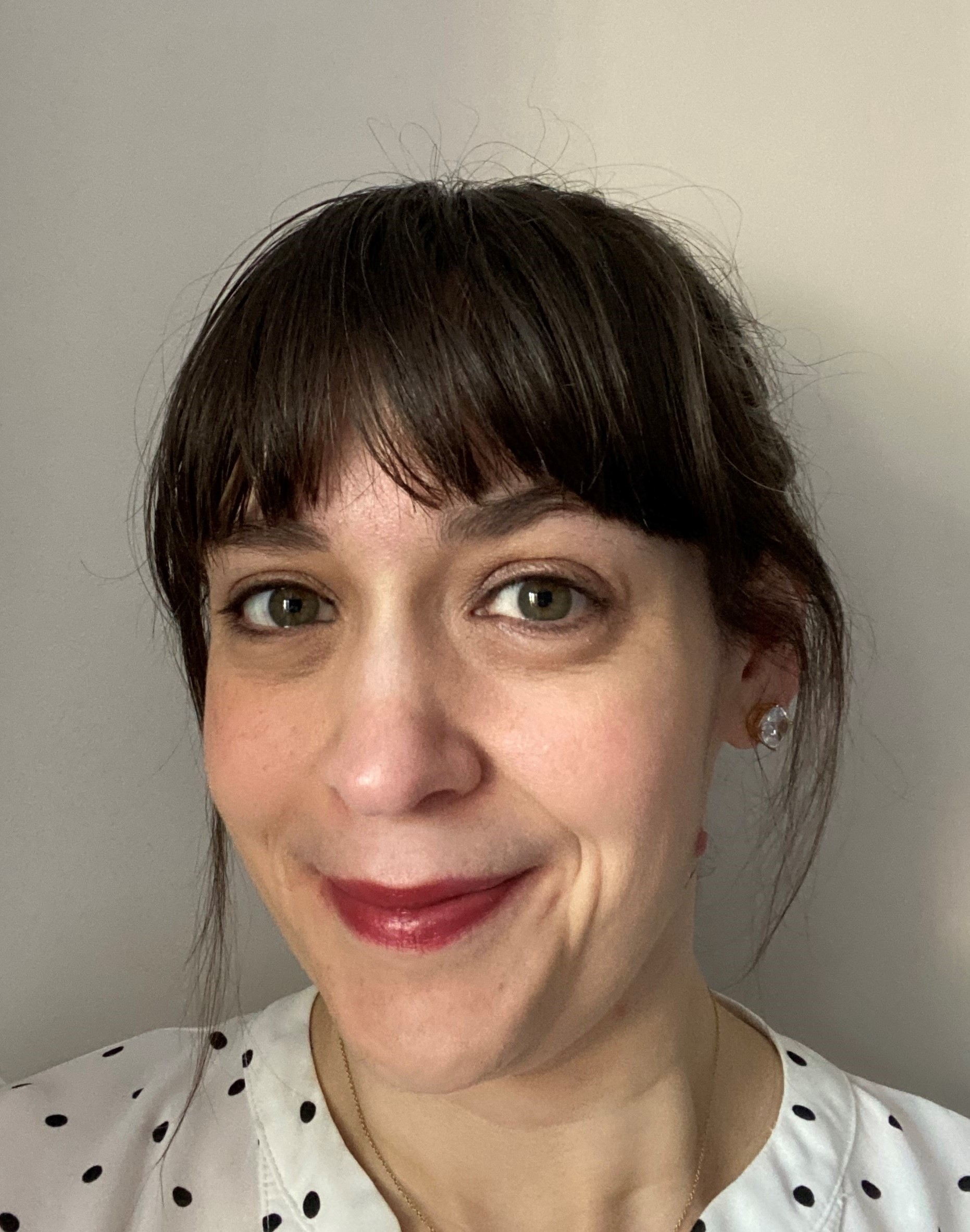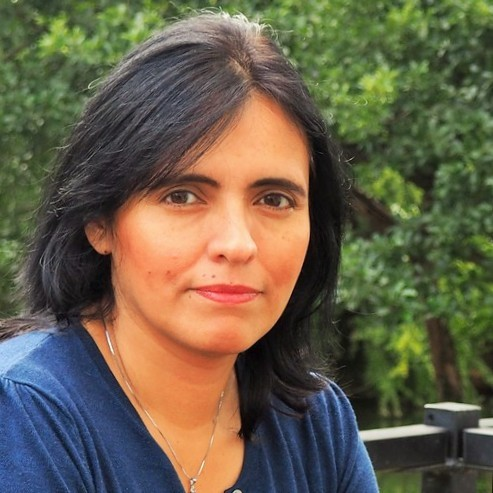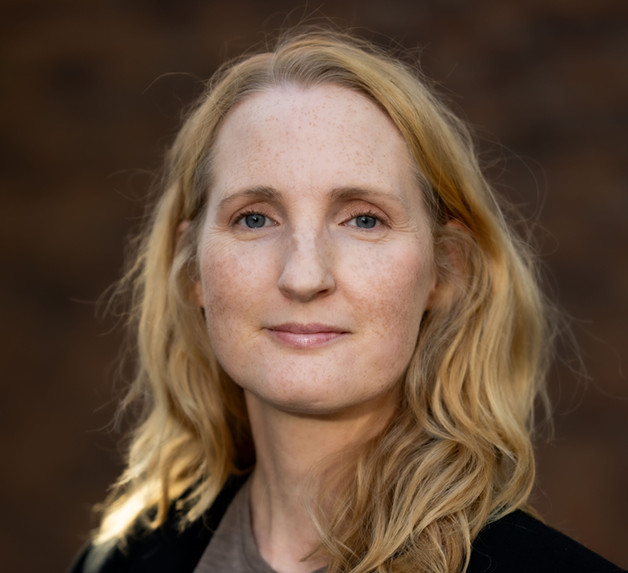This new seminar will help delegates to discover the opportunities for utilising data in their institutions, introduce some of the data analysis and visualisation tools available, and offer case studies highlighting how libraries are already using different types of data to support service delivery and development and demonstrate impact.
When
Wednesday, November 13, 2024 – 10:00 GMT
to
Thursday, November 14, 2024 – 16:15 GMT
Where
Online
United Kingdom
About
Programme
Feedback
Registration
Contact
Share
About the Event
Registration
Please register here
Course Summary
Libraries produce and have access to large amounts of statistical data which when utilised effectively can provide valuable insights into the ways resources and services are being used and help to demonstrate impact and value for money. However, collecting, cleaning, analysing, and presenting data can be time-consuming and increasingly may require specialist skills and tools. This seminar will help delegates to discover the opportunities for utilising data in their institutions, introduce some of the data analysis and visualisation tools available, and offer case studies highlighting how libraries are already using different types of data to support service delivery and development and demonstrate impact. Data sources explored will include but are not limited to resource and service usage and discovery data, research and open access data, budgetary data, print book circulation and library footfall data.
Course level and previous knowledge required
This course will be of particular interest to librarians and library managers working in further and higher education who are interested in developing a data analytics service in their library and utilising a range of different data to support decision-making. The seminar may also be of relevance to publishers and suppliers interested understanding how librarians are using data in their libraries. Previous experience of working with data may be useful but is not essential. Please note that the seminar will not provide practical hands-on experience or training on how to use specific data visualisation tools.
Please note: This seminar does not focus in depth on the collection, collation, analysis or interpretation of eresource usage data. These topics are covered by two other UKSG courses in this area: UKSG Usage Statistics – Practical Skills for Librarians and UKSG Usage Statistics for Decision Making.
Learning Objectives
Delegates will:
- Understand how data can be made visually engaging and used to demonstrate impact and create stories for different audiences
- Consider a range of different library data sources and how these may relate to wider institutional strategy and context
- Consider how data can be used to support strategic planning and service development
- Become familiar with some of the data visualisation tools available
- Gain insights into how other libraries are developing data visualisation services
Attendee Information
To test your system ahead of time visit https://support.goto.com/webinar/system-check-attendee
Accessibility
At UKSG, we are committed to ensuring an exceptional experience for all our delegates. Our aim is to make presentations as accessible and inclusive as possible.
Here’s how we achieve that:
- Closed Captioning Options: Our GoToWebinar application allows you to toggle closed captioning on or off during live sessions. You can also customise the text size and colour to suit your preferences.
- Auto-Generated Transcripts: For each recorded session, we can provide auto-generated transcripts on request.
If you have particular accessibility requirements or questions about this event, we strongly encourage you to contact events@uksg.org as soon as possible.
Recording
The sessions will be recorded and available to all registered delegates after the event, so if you unable to join us live or want to review any presentation this will be available.
Programme
- Wednesday 13 November
- Thursday 14 November
Time
Programme
Speakers
10.00
Welcome and introduction
*All times are GMT

Anna Franca
Edge Hill University
See Biography
As Head of Collections and Archives at Edge Hill University, Anna França leads the team dedicated to managing and developing the library collections and University Archive. Prior to joining Edge Hill, she held roles at King’s College London and has almost 18 years’ experience in the academic library sector. Anna is interested in the role that libraries can play in supporting a sustainable transition towards a more open research landscape. She is active in a range of professional networks and groups and chairs the USKG Education and Events sub-committee.
10.15
Imperial College London Library Services Data Journey
Nova Larch
Imperial College London
11.15
Break
11.30
Getting started with data visualisation for engagement and decision making
Libraries collect a myriad of data and yet are often unsure what to do with it or how to present it in such a way as to maximise its value and impact.
This webinar will seek to address this challenge by considering the different elements that go into creating successful data visualisations including selecting appropriate data, chart elements, accessibility and aesthetics.
It will also consider available tools and systems that can be used to visualise data as well as demonstrating in more details two free tools that can be used to provide data visualisations. The first is Piktochart, a free infographic building tool. This can be used to create visually appealing, informative infographics for a variety of different data sources.
The second is Looker Studio, a freely available data visualisation tool from Google. The webinar will provide examples of how it has been used to present data about library website usage, and support narratives around library engagement and impact. The talk will give an overview of some key considerations when using Looker Studio, and signpost towards a range of resources to help you get started.

Elaine Sykes
Lancaster University
See Biography
Elaine is Head of Open Research at Lancaster University, a post she had held since January 2022. She has responsibility for scholarly communications, research data management and research intelligence.
Her research interests include community based open access publishing, data visualisation and Citizen Science. She is widely active in the library sector including involvement with SCONUL, RLUK and the library Performance Measurement Conference, where she acts as a Director. She is currently a Co-Investigator on a Wellcome Trust funded project exploring how to create a more sustainable, ethical and inclusive research culture.

Tim Leonard
Lancaster University
See Biography
| Tim Leonard is Associate Director: Space, Experience and Innovation at Lancaster University Library. He oversees the development of the Library’s learning spaces, its frontline services team and digital systems. Tim has worked in academic libraries for over 20 years and has held positions at Lancaster, the University of Bolton, Manchester Metropolitan University and Cardiff University. He is a member of UKSG’s Education and Events Subcommittee and represents Lancaster in a range of groups with RLUK and Academic Libraries North. His professional interests include learning space design, environmental sustainability and innovative technologies in libraries. |
12.30
Wrap up and close
Registration
Friday, October 4, 2024 – 19:00 BST – Tuesday, November 12, 2024 – 12:30 GMT
£ 70.00
+14.00 VAT
Member
£ 82.00
+16.40 VAT
Non-Member
NB: UKSG reserves the right to alter or vary the programme due to events or circumstances beyond its reasonable control without being obliged to refund monies.
Cancellations
The closing date for cancellations is Friday 25th October, after which date cancellations will not be eligible for a refund. Cancellation should be sent into writing to events@uksg.org. All registrants will be sent a link to the recording after the event for their personal viewing.
The UKSG terms and conditions can be found here



